John Deere, the leading global manufacturer of large tractors and farm equipment, has sparked controversy with its recent decision to lay off hundreds of workers across the Midwest. The Illinois-based company informed employees in Iowa last week that they would be losing their jobs, following an earlier announcement to cut 600 positions across three facilities in Illinois and Iowa.
The layoffs include 28 positions at the East Moline, Illinois plant and 230 employees from the Davenport, Iowa facility. This decision has drawn sharp criticism on social media, with many users expressing outrage over the company's move to reduce American jobs while continuing to expand operations in Mexico.
One commenter on X remarked, “I can’t believe that an American legacy company like @JohnDeere is firing Americans to move jobs to Mexico. It’s wrong. Just for that, they should be put out of business.”
Another user added, “John Deere should drop the pretense of being an American company and of espousing American values. They aren’t and they don’t.”
John Deere has not yet responded to these criticisms. Last month, the company announced plans to shift the production of skid steer loaders and compact track loaders from its Dubuque plant to Mexico by the end of 2026. Cory Reed, president of Deere & Co.’s worldwide agriculture and turf division, defended the move, citing the facility’s long-standing role in their global operations.
Reed explained that the layoffs were a response to economic challenges, including a decline in net farm income and increased commodity price volatility. “We’re expecting to be off roughly 20% year-over-year from 2023,” Reed stated, highlighting the economic uncertainties impacting demand.
Despite these setbacks, John Deere reported a substantial profit of $10.2 billion last year, a 42% increase from 2022. The company’s CEO, John May, received $26.7 million in total compensation, a notable increase from the previous year.
Additionally, John Deere has announced a scaling back of its diversity, equity, and inclusion initiatives following pressure from conservative social media influencer Robby Starbuck. The broader manufacturing sector faces ongoing challenges, including inflation, high interest rates, and reduced consumer spending, contributing to a slowdown in economic activity.



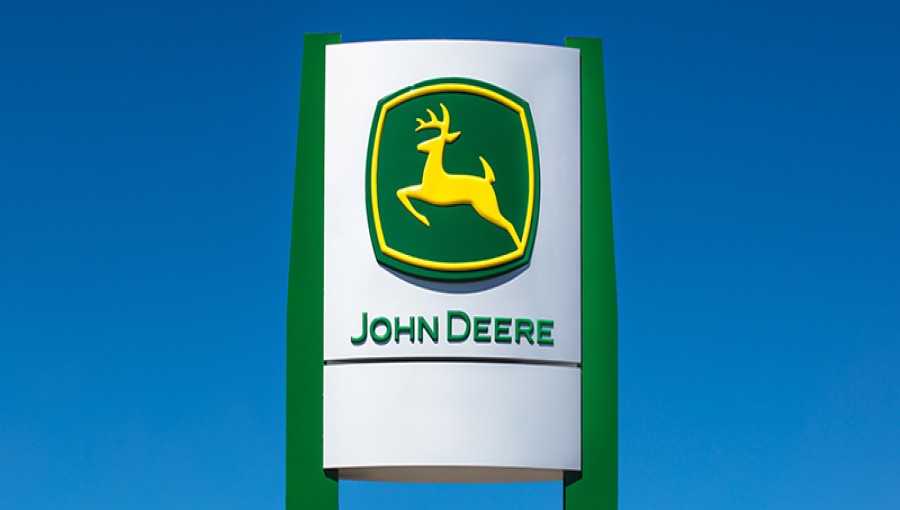
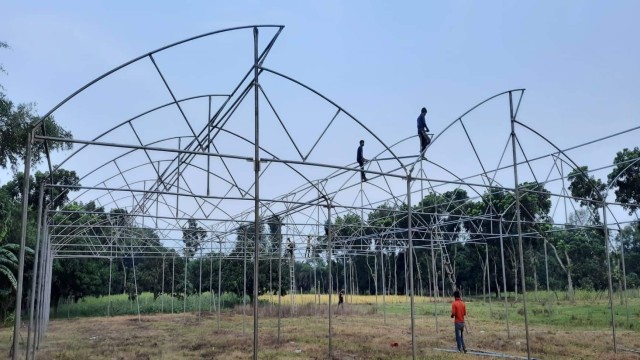


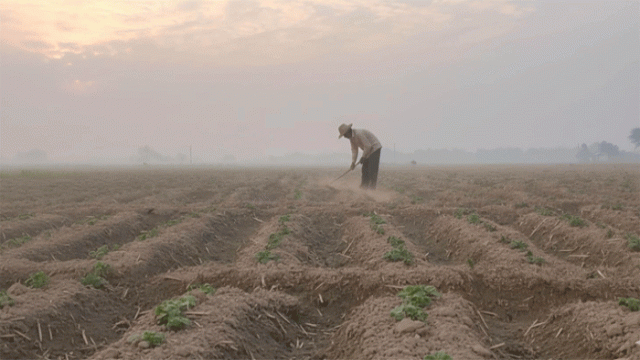


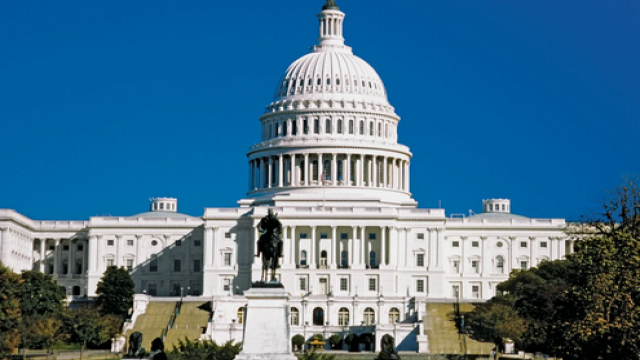
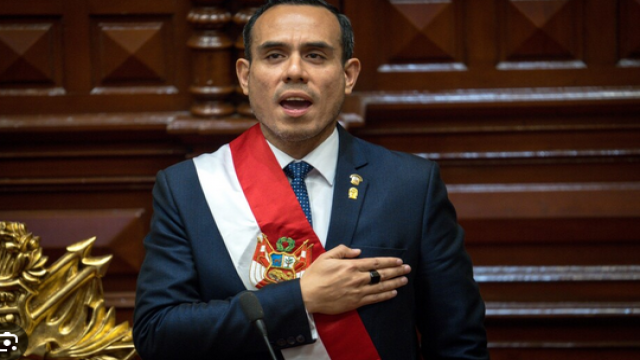

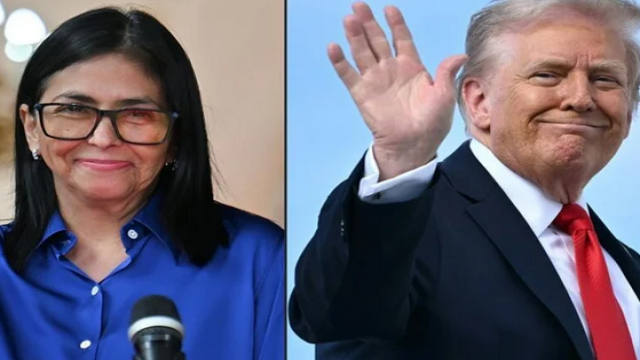
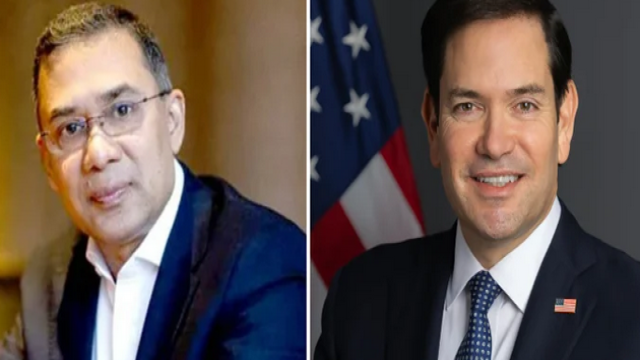



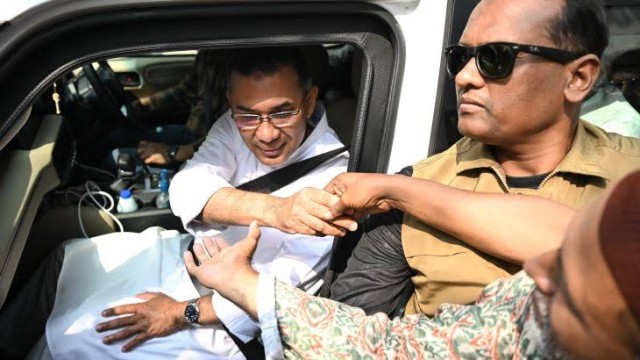












Comment: